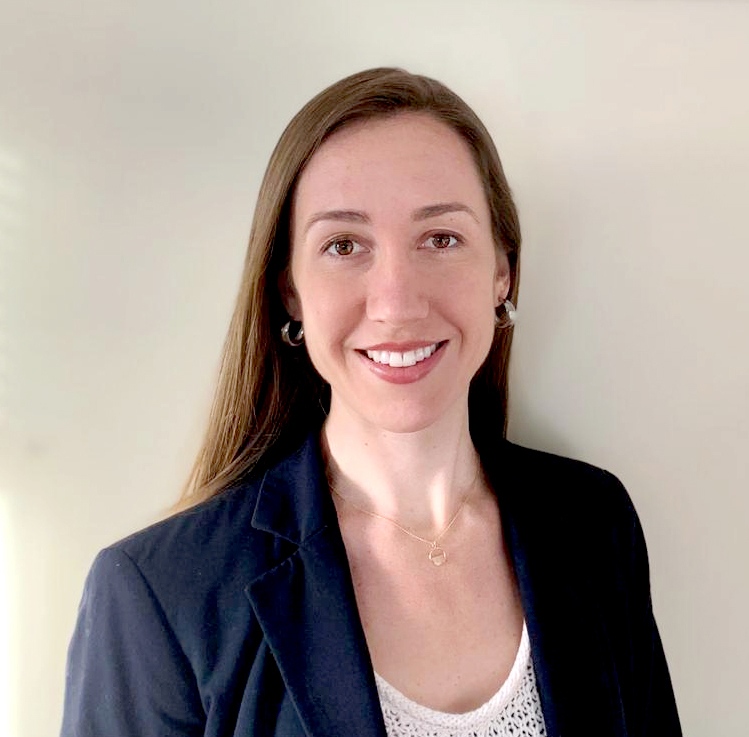New anti-corruption research from MALD student Rosemary Ventura
Longtime readers may have some familiarity with the Corruption, Justice and Legitimacy (CJL) Program, which is occasionally highlighted in this space. It’s part of the work of the Henry J. Leir Institute for human security, one of Fletcher’s very active research centers, The CJL Program is a great example of the ways students get involved in scholarly research while here. It was a great pleasure to hear recently from current MALD student Rosemary Ventura, who shared some details about her current work with CJL:
 There is a common Fletcher refrain that many students come in with one idea of what they want to study and end up translating their passions and experiences into entirely new fields, which has been the case for me. I entered Fletcher having previously worked on conflict prevention and peacebuilding through a civil society organization in New York City, as well as two years as a public health Peace Corps Volunteer in Guinea.
There is a common Fletcher refrain that many students come in with one idea of what they want to study and end up translating their passions and experiences into entirely new fields, which has been the case for me. I entered Fletcher having previously worked on conflict prevention and peacebuilding through a civil society organization in New York City, as well as two years as a public health Peace Corps Volunteer in Guinea.
This spring and summer, I am carrying my pre-Fletcher interests forward into an entirely new professional sphere: anti-corruption. The Corruption, Justice & Legitimacy Program is co-directed by two Fletcher professors and brings practitioner – scholar expertise on corruption (and anti-corruption) in fragile and conflict affected states, in addition to advancing the understanding of how to develop programming around the social norms that dictate corrupt behaviors. For me, this new area of work and study resonates with my past experiences: in the rural health system in Guinea, corruption continuously stymies progress towards health and development outcomes. In the peacebuilding world, conflict analyses often cite corruption as an underlying grievance, yet fail to meaningfully address corruption.
As a continuation of research into the relationship between conflict and corruption, I recently wrote a blog post that I am pleased to share here. It contributes to CJL’s work to bring peacebuilders into the anti-corruption conversations by providing an abridged ‘anti-corruption 101 reading list’ and identifying entry points for peacebuilders.
This was an unexpected area of interest for me, and I am galvanized by this new ‘wicked problem’ of corruption in conflict contexts and plan to translate my summer internship experiences into my Fletcher capstone.